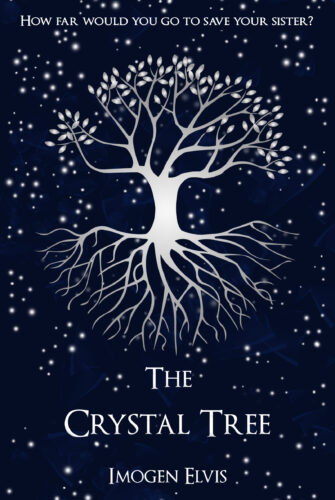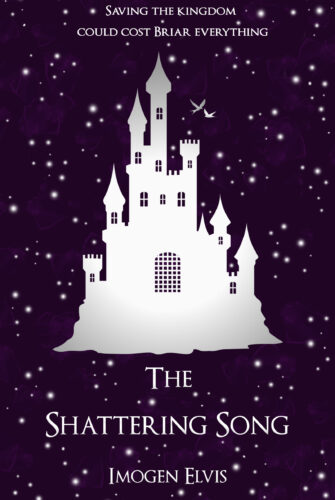There are plenty of rules for writers. Things like, use active voice. Don’t write prologues. Ax those adverbs. You know the ones. Well, I have a list of my own rules that I think all writers should be following. They’re less about the mechanics of writing, and more about habits and mindsets. But I believe they’re no less important to remember as we write our books. So here then, are my six rules for writers (that aren’t about grammar.)
Never discard an idea because of a negative opinion.
Other writers can give valuable input on plots and ideas. However, one negative opinion can also sour the excitement for an entire book. Don’t throw your ideas out just because one person said no. Other people don’t always know best, and even the least original idea can be given a new spin. Maybe you decide for yourself after consideration that the idea isn’t viable, but decide that for yourself. Don’t throw away an idea you’re passionate about because one person thinks it won’t work.
Follow the rules of writing, but only as much as they improve your book.
Writing rules exist for a reason, but they also exist in moderation. Don’t get bogged down in eliminating every single ‘was’ and adverb from your book. Yes, you should use them sparingly, but there is a place for everything in writing, and sometimes you really do need that prologue, or that adverb. Judge whether to follow the rules by the way it helps your book and don’t get held up trying to follow the rules to the absolute letter. Remember, story is king.
Never compare your writing to that of others.
Other writers have different styles, or have been writing for longer, or especially in the case of published authors, have been working with a team of highly skilled professionals to make their writing as good as it can be. Don’t let yourself get sucked into the comparison trap. Your book is unique and there is no way to fairly compare your writing. So don’t. As long as you are writing and improving, that is the only thing that matters.
Take time to recharge your creative batteries.
It is impossible to create in a vacuum. If there are no new ideas coming in from outside, pretty quickly you’re going to run out of new things to say through your writing. Take some time to recharge your creative batteries and sample some of the amazing creations of other people, whether they be books, poems, movies, plays, or anything else that fires up your imagination.
Be open to feedback, but don’t blindly believe it all.
Critiques can be an amazing tool. However, not all critiques and comments are useful. What one person believes to be a huge problem might not be an issue at all. Give the feedback you receive due consideration and don’t throw it all out if you don’t like what it says, but judge for yourself whether it has merit, or whether the critique has missed the mark. Not all feedback is going to be useful.
Take pride in your writing.
Your writing is an amazing thing and you deserve to be proud of it. Don’t talk down about your writing. Don’t depreciate the value of your work. If you are writing, you are doing something awesome. You are creating people and worlds and adventures out of nothing, and that is amazing. Always, always be proud of what you are making.
Whatever rules you do or don’t follow, just remember this. You are a writer. You are making amazing things. Your writing is unique and valuable and worth all the time and effort you’re pouring into it. Don’t change because you see a writing style you like better, or a writer you think you ought to emulate. Just be proud of yourself. You are amazing.











